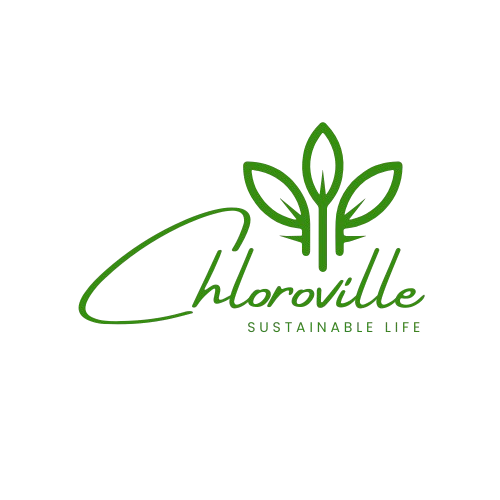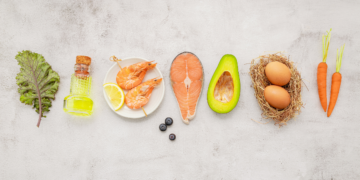Staying hydrated is essential for maintaining overall health, but how much water do you actually need? While the “8 glasses a day” rule is popular, hydration requirements can vary greatly based on factors like age, activity level, and environment. In this guide, we’ll explore the science of hydration, its benefits, and how to determine your optimal water intake.
Why Hydration Matters
Water is vital for nearly every function in your body. It makes up about 60% of your body weight and plays a crucial role in maintaining homeostasis.
Key Functions of Water:
- Regulates body temperature.
- Transports nutrients and oxygen to cells.
- Removes waste through urine and sweat.
- Lubricates joints and protects tissues.
- Supports cognitive function and mood stability.
Learn more: National Institutes of Health (NIH) on Water and Nutrition
How Much Water Do You Really Need?
There’s no one-size-fits-all answer to hydration, as individual needs depend on various factors. Here are the general guidelines:
General Recommendations:
- Men: About 3.7 liters (125 ounces) per day.
- Women: About 2.7 liters (91 ounces) per day.
This includes water from beverages and food, as approximately 20% of daily water intake comes from food sources like fruits and vegetables.
Factors That Influence Water Needs:
- Activity Level: Increased physical activity leads to more water loss through sweat.
- Environment: Hot or humid climates increase fluid needs.
- Health Status: Illnesses like fever or diarrhea can cause dehydration.
- Diet: High-protein or high-salt diets may require more water for metabolic processes.
Calculate your hydration needs: Hydration Calculator by Hydration for Health
Signs of Dehydration
Dehydration occurs when your body loses more water than it takes in. Even mild dehydration can impact your performance and well-being.
Symptoms of Dehydration:
- Dry mouth and skin.
- Dark yellow urine or infrequent urination.
- Fatigue and dizziness.
- Headache or difficulty concentrating.
Pro Tip: Monitor your urine color—it should be light yellow, like lemonade. Darker urine indicates dehydration.
Benefits of Proper Hydration
Maintaining adequate hydration has a wide range of benefits for both physical and mental health:
1. Boosts Physical Performance
Hydration is critical for athletes, as even a 2% loss in body weight through sweat can impair performance. Drinking water before, during, and after exercise helps maintain endurance and strength.
2. Improves Cognitive Function
Studies show that dehydration can negatively impact focus, memory, and mood. Staying hydrated supports brain function and mental clarity.
3. Aids in Digestion
Water helps break down food and aids nutrient absorption. It also prevents constipation by keeping stool soft and easy to pass.
4. Promotes Skin Health
Hydration improves skin elasticity and reduces dryness, giving your skin a healthier appearance.
Explore hydration research: Harvard Health on Staying Hydrated
Sources of Hydration
1. Water
Plain water is the most effective and calorie-free way to hydrate. Carry a reusable water bottle to make drinking water throughout the day more convenient.
2. Hydrating Foods
Fruits and vegetables like watermelon, cucumbers, and oranges have high water content and contribute to overall hydration.
3. Other Beverages
Tea, coffee, and milk can also count toward your daily hydration needs. However, limit sugary drinks and alcohol, as they can lead to dehydration.
Pro Tip: Infuse water with fruits or herbs like mint and lemon to add flavor without calories.
Hydration Tips for Different Lifestyles
For Active Individuals:
- Drink water 2–3 hours before exercise and during workouts.
- Replenish fluids with electrolytes for activities lasting over an hour.
- Weigh yourself before and after exercise to estimate water loss and rehydrate accordingly.
For Office Workers:
- Keep a water bottle at your desk as a reminder to sip regularly.
- Use apps or alarms to track your water intake throughout the day.
For Hot Climates:
- Increase your fluid intake during hot weather to compensate for higher sweat rates.
- Wear light clothing and stay in shaded areas when possible.
Myths About Hydration
Myth 1: You Need 8 Glasses of Water a Day
The “8 glasses a day” rule is a general guideline but not a universal requirement. Your needs depend on your body and lifestyle.
Myth 2: Caffeine Dehydrates You
While caffeine has a mild diuretic effect, beverages like coffee and tea still contribute to your hydration.
Myth 3: Thirst Is the Best Indicator
By the time you feel thirsty, you may already be slightly dehydrated. Proactively drink water throughout the day.
Tools to Help Track Hydration
Apps:
- MyWater: Tracks daily water intake and reminds you to drink.
- Plant Nanny: A fun app that gamifies hydration by nurturing a virtual plant.
Gadgets:
- Smart Water Bottles: Products like HidrateSpark track your water intake and sync with your phone.
Explore hydration tools: Smart Water Bottle Reviews
Final Thoughts
Hydration is a cornerstone of health and well-being. While the exact amount of water you need varies, paying attention to your body’s signals and staying consistent with your intake will help you feel and perform your best.
Start small by incorporating more water into your daily routine and eating hydrating foods. With these simple changes, you can ensure your body stays hydrated and healthy.




















